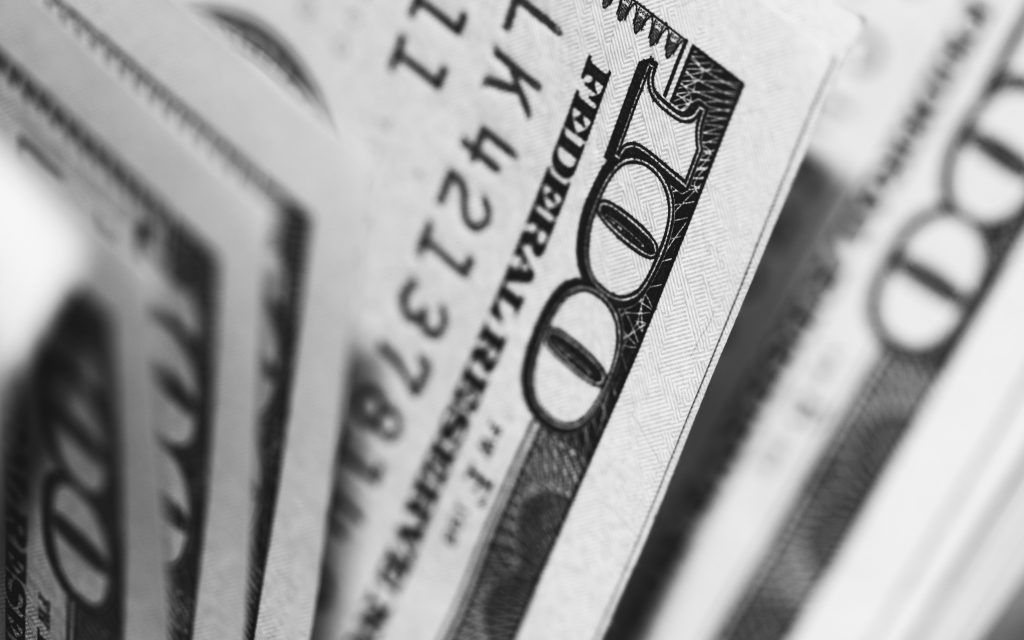- Treasury Secretary Steven Mnuchin and Federal Reserve Chairman Jerome Powell say broader stimulus is needed for economic recovery
- Meanwhile, White House economic advisor Larry Kudlow says stimulus may be unnecessary for recovery but that targeted relief could assist it
- Additional COVID-19 relief measures have stalled in Congress due to partisan disagreements
In testimony before Congress today, Treasury Secretary Steven Mnuchin and Federal Reserve Chairman Jerome Powell credited the $2.2 trillion CARES Act with aiding economic recovery in the United States and said further stimulus is still needed. Conversely, the White House’s top economic advisor, Larry Kudlow, said he did not think another stimulus package was necessary but that targeted relief for sectors hardest hit by the COVID-19 pandemic could aid with the recovery.
Mnuchin also testified that he believes targeted relief is necessary, but said the Trump Administration supports another stimulus payment similar to the $1,200 checks delivered to taxpayers under the CARES Act. Powell said the economy is growing, but warned that most rosy economic forecasts “assume some fiscal action” to provide additional support for Americans.
Hours after Mnuchin and Powell made their remarks, Kudlow said he thought a V-shaped recovery was still possible without additional stimulus. However, he said targeted appropriations such as a renewed Paycheck Protection Program for small businesses and funding for schools could be helpful to the economy. Wall Street strategist Ed Yardeni gave a similar opinion to CNBC, suggesting that the initial stimulus provided by the CARES Act will likely spur economic growth through November and potentially make another stimulus bill unnecessary.
Several bills have been proposed for additional COVID-19 relief, but Democrats and Republicans not been able to reach a consensus on the size and scope of the relief. Other issues coming before Congress, namely a Supreme Court nomination battle and stopgap funding effort to prevent a government shutdown, have further diminished hopes of new stimulus and contributed to several weeks of down markets. The partisan disagreements have also raised fears that a failure to come to an agreement on COVID-19 relief could result in issues such as weaker consumer spending or widespread public sector layoffs.








